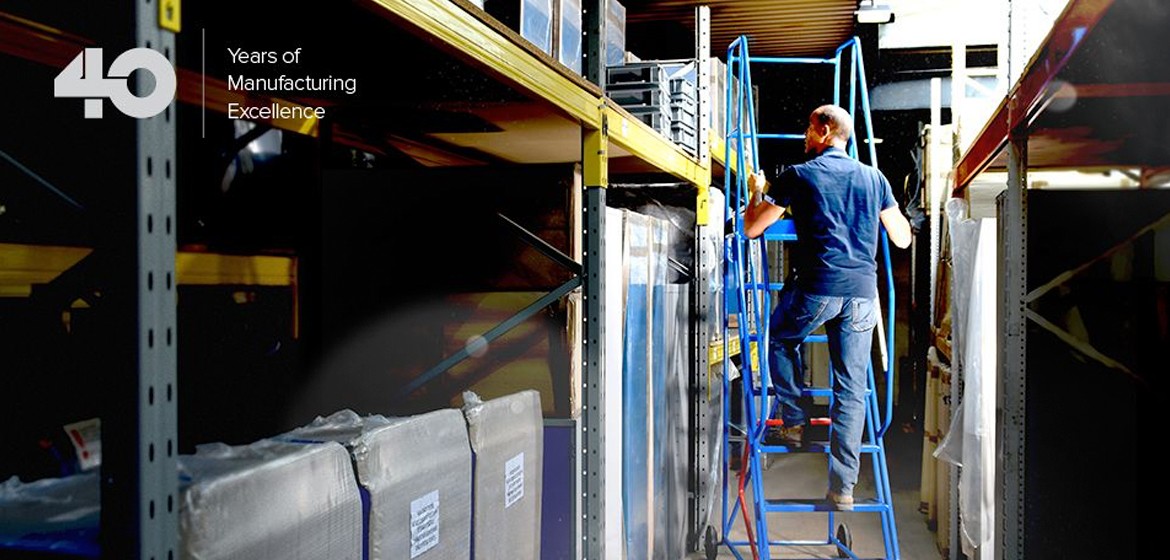Between 2016-17, there were 137 fatal injuries in Britain’s workplaces, calling for The International Organisation of Standardisation (ISO) approving a global measure aimed at improving overall workplace safety and reducing risk.
A recent study conducted by HSE found that falls from height contribute to 7% of non-fatal workplace injuries and 28% of fatal workplace injuries. Common causes were misuse and buying budget equipment.
Redhill, advertently aware of these issues, consistently adapt their products to stay abreast of the latest manufacturing standards and methods.
This is illustrated by Redhill’s commitment to their British Standard step range – a significant investment to conform to a new standard. Although this regulation was standardised from November 2017, Redhill produced the first steps of this kind in 2014. Browse the BS step range here.
All BS steps include marking, user and safety instructions with visual pictograms, manufacturing information, and they must pass thorough and rigorous testing, which demonstrates their strength and stability:
– Ascending treads must follow certain dimensions and must pass torsion and bending tests
– All steps must pass a stability test and must not overturn when a pulling force of 300N is applied
– BSI steps must pass the spring loaded steps test of remaining in contact with the floor when a load of 200N is applied
– Guardrails and handrails must meet an exact height and pass strength and deflection tests
– Working areas must reach minimum dimensions at least
– Platforms and toe boards must also reach a minimum dimension and pass multiple strength and deflection tests
Redhill are motivated to encourage a safer working environment by staying aware of upcoming standards and regulations and by continuing to manufacture high-quality products with safety and reliability in mind.
For further information on Redhill products contact us on 01527 529 002 or email sales@redhillmanufacturing.co.uk
Sources:
HSE
The Guardian


